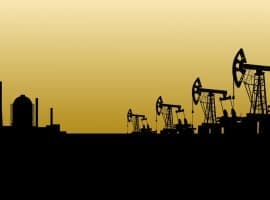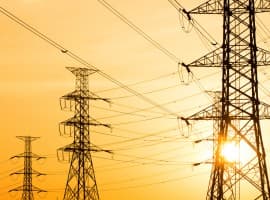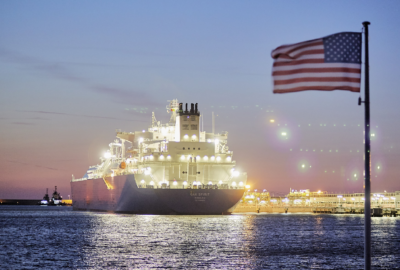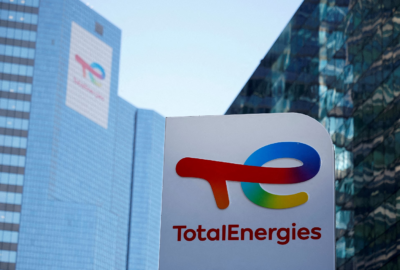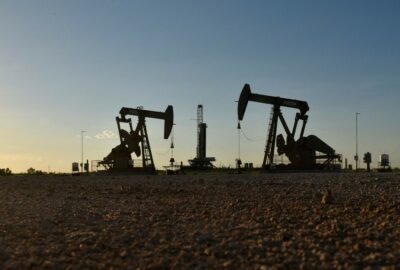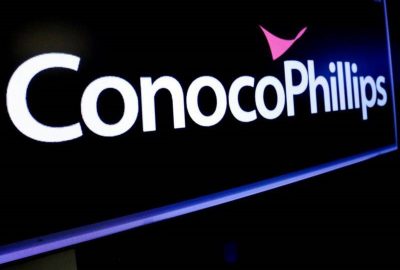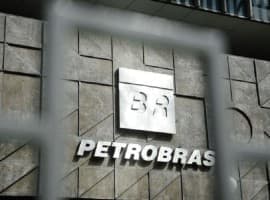
Brazilian President Luiz Inacio Lula da Silva has approved government non-interference in monetary policy and the pricing strategy of state-run oil giant Petrobras (NYSE:PBR). According to the leftist president, his government will also consider additional fiscal measures if needed during the year amid the country’s surging public debt. Petrobras’ shares tanked in 2022 after the House of Congress voted to make it easier for politicians to take roles at state-run firms. Petrobras has been at the center of a major corruption scandal over the past decade, due in large part to political appointments in its senior management.
Last year, Petrobras lowered capital expenditure (capex) for 2025 to $17 billion from an earlier estimate of $21 billion. According to the company, the lower capex is more realistic and in line with its financial wherewithal. In its latest strategic plan, Petrobras plans to invest $102 billion in the 2024-2028 period, good for a 31% increase over the previous plan amid pressure from President Lula for the firm to ramp up investments in a bid to prop up the country’s economy and generate local jobs. Still, Petrobras saw output from its refineries hit an all-time high in 2024 thanks to record production of gasoline and S-10 diesel. Petrobras reported that gasoline output totaled 24.4 billion liters, eclipsing the previous record of 24.2 billion liters posted in 2014 while diesel production reached 26.3 billion liters. The company’s annual refinery utilization rate was 93.2% last year, up from 92% in 2023.
‘;
document.write(write_html);
}
Previously, global research and consultancy group Wood Mackenzie predicted that Brazil’s private oil companies will increase oil production by 75% from 1.22 mb/d to 2.12 mb/d by 2030. According to WoodMac, international oil companies such as Shell Plc (NYSE:SHEL), Equinor ASA, (NYSE:EQNR), TotalEnergies SE (NYSE:TTE), Repsol Sinopec Brasil S.A. and Petrogal will be among the top producers thanks to their partnership with Petrobras in the pre-salt and fields under development.
Overall, Brazil’s oil and gas production has hit the highest level ever, with oil output increasing 18.6% Y/Y to 3.51 million barrels per day while natural gas production grew 13.6% Y/Y to 154.08 million cubic meters per day.
By Alex Kimani for Oilprice.com
More Top Reads From Oilprice.com
- The Dust Has Not Settled on Trump’s Canadian Oil Threat
- Suriname’s Economy Forecast To Grow 55% In 2028 With First Oil
- Buyers Flock to Negotiate U.S. LNG Deals Amid Trump’s Tariff Threat


